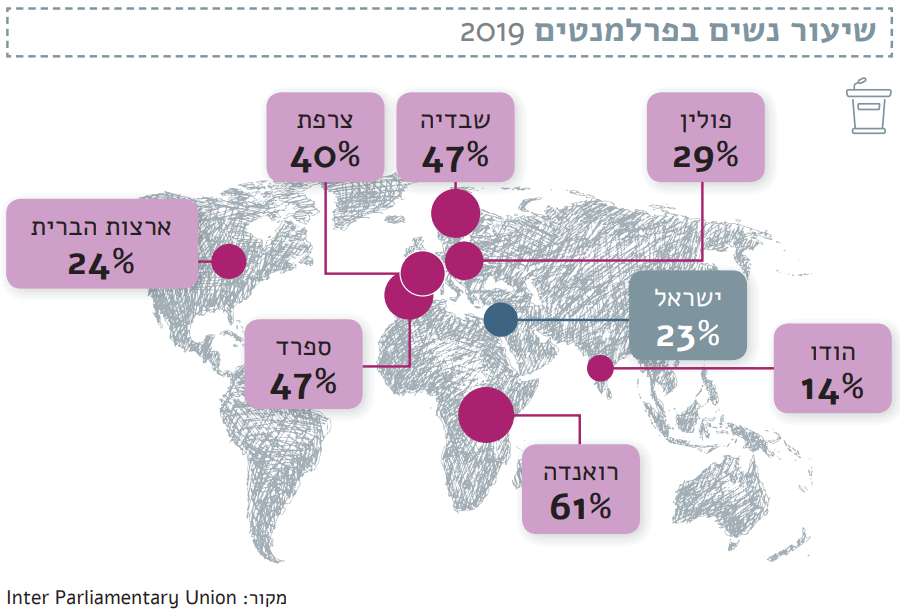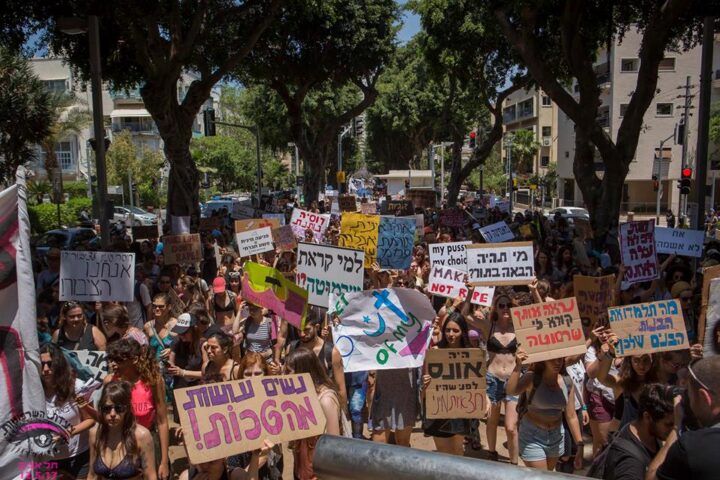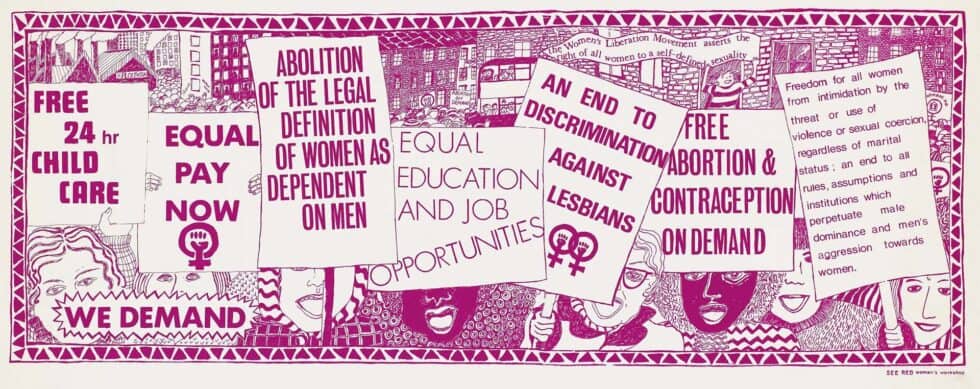Gender equality – Yodaat
Yael Shalev-Vigiser | 19.07.2020 | Photo: From the Gender Index Report 2019

The Committee on the Status of Women and Gender Equality in the 23rd Knesset will be headed by MK Oded Forer. The committee includes seven woman legislators, including women who have been working on gender equality and promoting the status of women for many years. Yet nonetheless, MK Forer, the only man on the committee, who has never been associated with the struggle for women's rights, was appointed to head it.
This news drew strong criticism from feminist circles. Of course, the criticism was not directed at the competence or incompetence of a man to lead this area (and MK Forer is not the first man to head the committee), but at the symbolic significance of placing a man at the head of a committee to promote the status of women. The criticism is justified considering the fact that in the present Knesset women head only two committees, out of the 28 committees that currently exist (the Internal Affairs and Environment Committee headed by MK Miki Haimovich, and the Special Committee on the Novel Coronavirus headed by MK Yifat Shasha-Biton). The crux of the argument is that a man can indeed lead the Knesset Committee on Gender Equality, just as a woman can lead the Financial or Foreign Affairs and Defense committees. But whereas the first scenario is actually happening in the present Knesset (and did in the past as well), the second scenario of women heading the Knesset's main committees has never occurred (among other reasons because of the small number of female Knesset members).
The Van Leer Jerusalem Institute’s Gender Index is a comprehensive examination of gender equality between men and women in Israel. Among other things, the index monitors the depth of inequality in the area of political power, one of whose indexes is the number of female Knesset members, ministers, and heads of local authorities throughout the years. If it appeared as if gender inequality in the Knesset had begun to narrow, the latest Gender Index Report actually indicated a deterioration, with the number of female Knesset members dropping from 37 in 2017 to only 29 in 2019. Which is to say, less than one quarter of the MKs (the current Knesset has 33 female members, five of which became members only due to the approval of the “Norwegian Law”).
The rate of women serving as members of the Knesset is much lower than in other countries in the world and indicates that women in Israel have little political power. The fact that only two female Knesset members were appointed to head committees in the present Knesset increases gender inequality even further. That is why the appointment of MK Oded Forer to head the Committee on the Status of Women and Gender Equality is so outrageous.
For further information on promoting gender equality please visit Yoda’at – Israel Knowledge Center on Women and Gender, which offers the general public information on gender, includign statistics, academic sources, articles, lectures and more.




